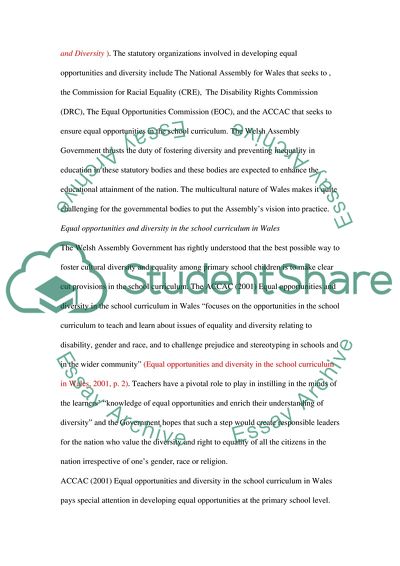Cite this document
(Equality and Diversity in the Primary School in Wales Term Paper, n.d.)
Equality and Diversity in the Primary School in Wales Term Paper. Retrieved from https://studentshare.org/education/1720070-equality-and-diversity-in-the-primary-school-in-wales
Equality and Diversity in the Primary School in Wales Term Paper. Retrieved from https://studentshare.org/education/1720070-equality-and-diversity-in-the-primary-school-in-wales
(Equality and Diversity in the Primary School in Wales Term Paper)
Equality and Diversity in the Primary School in Wales Term Paper. https://studentshare.org/education/1720070-equality-and-diversity-in-the-primary-school-in-wales.
Equality and Diversity in the Primary School in Wales Term Paper. https://studentshare.org/education/1720070-equality-and-diversity-in-the-primary-school-in-wales.
“Equality and Diversity in the Primary School in Wales Term Paper”, n.d. https://studentshare.org/education/1720070-equality-and-diversity-in-the-primary-school-in-wales.


